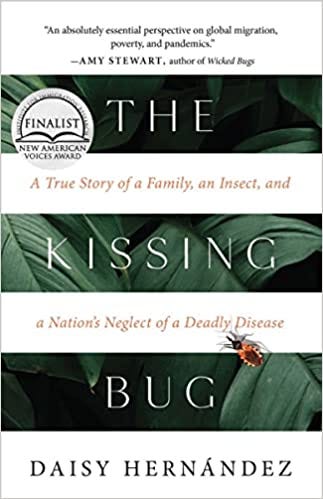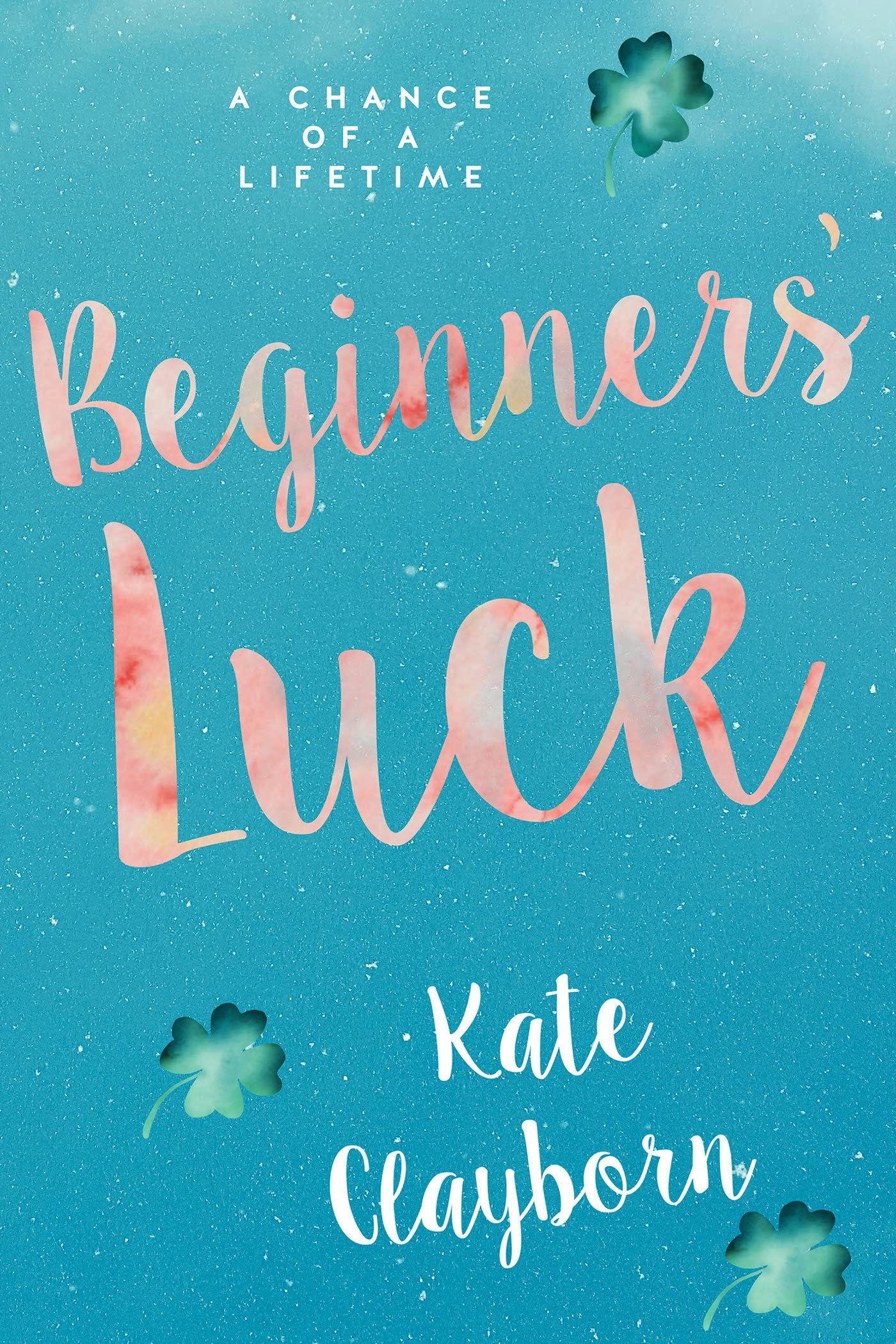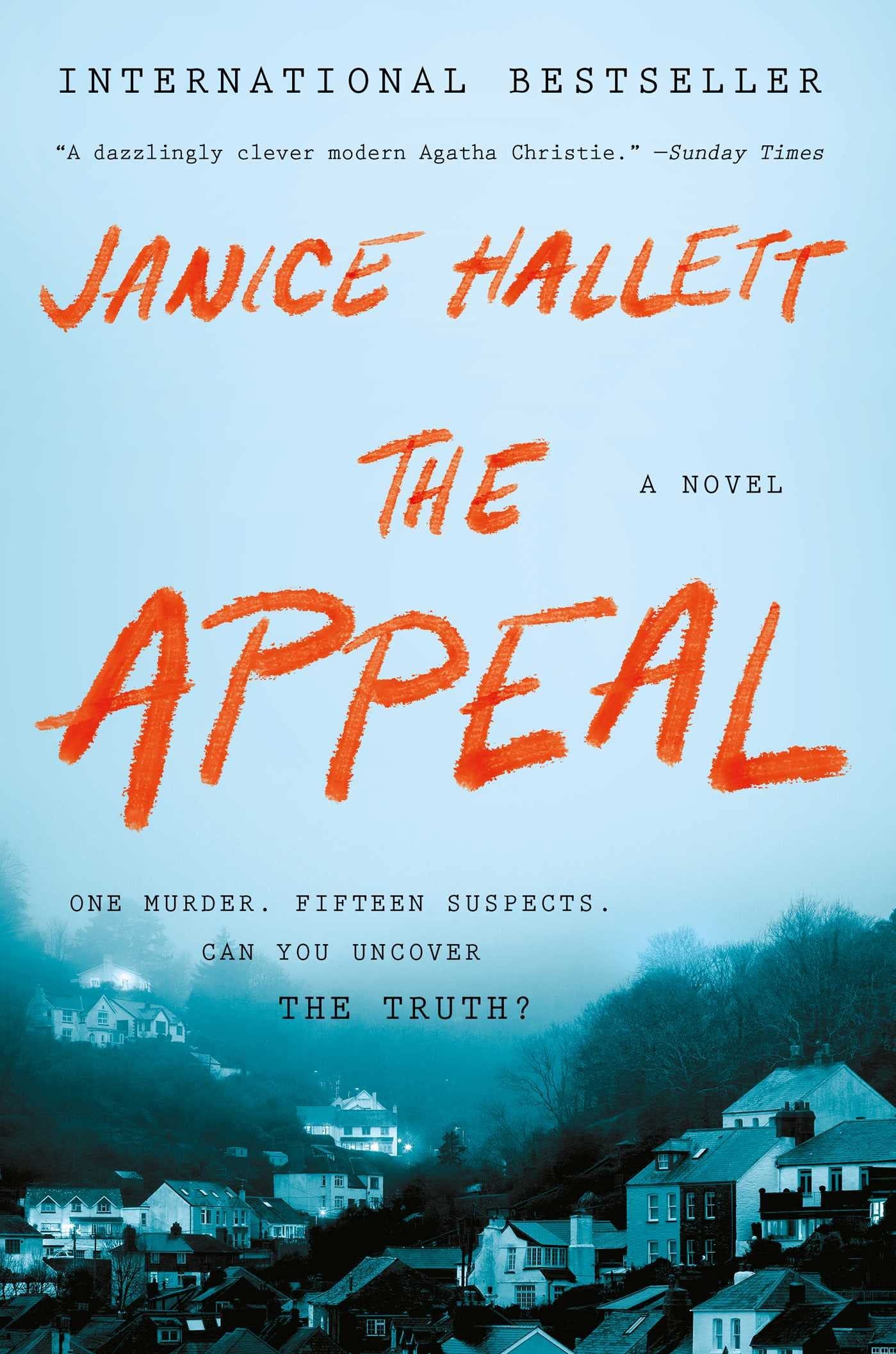You’re Struggling With Bugs This Summer
Got caught up in lotto mania last week or are looking for an epistolary novel
Hi friends,
Before diving into this week’s recs, I want to quickly highlight the new national Mental Health Crisis hotline. If you or a loved one ever find yourself in need, you can call or text 988 from anywhere in the U.S. and be connected to a trained mental health professional.
I think it’s an important step and hope people feel comfortable using the resource.
And, now, what to read if …
Your Bug Zapper is Getting a Workout
The Kissing Bug by Daisy Hernández
Each night when I walk my dog, I end up in the middle of a swarm of tiny little bugs. The combination of heat and rain leads to insects everywhere. While my midges are merely annoying, Daisy Hernández recounts the deadly implications of a bite from kissing bugs in her reported memoir.
Growing up, Hernández watched her Tía Dora, a Colombian immigrant, struggle with Chagas, a disease that attacks the heart and digestive system. As a child, she believed her aunt became sick from eating an apple. Later she learned kissing bugs transmit Chagas when they bite people. The disease is endemic in Latin America, where the bugs are common, and nearly 300,000 people in the U.S. have Chagas. To understand the illness that took her aunt, Hernández interviewed a kissing bug expert in Bogota, spent an evening hunting the bugs in Texas and visited a low-income testing site.
The Kissing Bug shines when it highlights the stories of Chagas patients, often low-income immigrants, struggling to get care for a disease that is not well-known in the United States. Hernández attempts to understand why illnesses that can be treated are instead written off as “neglected tropical diseases” — concluding the answer is a combination of poverty, racism and poor public policy. The combination of memoir and science writing makes The Kissing Bug an informative, deeply human read.
Bingo Boxes this Book Checks: New-to-you author (it’s her first book), book that teaches you something new
You’re Still Bummed You Didn’t Win MegaMillions
Beginner’s Luck by Kate Clayborn
I volunteered to run our office lotto pool, and it ended up being far more stressful than I thought. There was a lot to keep track of. If you got caught up in lotto mania, grab a copy of Kate Clayborn’s Beginner’s Luck, the first book in a series about three friends who win the lottery. Their prize is enough to change their lives but not enough to allow them to quit their jobs and become professional lounge lizards.
This installment focuses on Kit Averin, a talented scientist working at a research university. The one indulgence she allows herself after winning the jackpot is buying a fixer-upper that she plans to rehab herself. The home represents her chance to finally put down roots after an unsteady childhood. At least, that was her plan until Ben Tucker, a recruiter, attempts to lure her away from her community with the offer of a high-paying job. Kit rebuffs his advances, but Ben sticks around to reconnect with his dad, who lives nearby. Despite Kit’s rejection of his job offer, a spark catches between the two.
Look: I am a well-established Clayborn fan girl. With this recommendation, I’ve now shared her entire back catalogue and am looking forward to devouring her next book, Georgie, All Along. She writes warm, inviting stories with the types of characters you want to hang out with. Beginner’s Luck features one of my favorite fictional couples and a fictional friend group I’d love to join. Their relationships build over the course of the three books, making it a joy to read.
Bingo Boxes this Book Checks: First in a series, book by an author you love (maybe? If you’re like me)
You Need to Fill the Epistolary Novel Bingo Box
The Appeal by Janice Hallett
I’ve heard from a few people playing Bingo looking for an epistolary novel to check off that upper right corner. Though some purists say this style of book only counts if it's made up of written letters, it seems the term now encompasses all sorts of documents, such as emails, journals, newspaper clippings, texts, etc. I think they’re a lot of fun to read and offer a different sort of storytelling experience.
Janice Hallett applied the epistolary format to the classic English murder mystery in The Appeal. As the book opens, two junior lawyers are tasked with finding a murderer by scouring stacks of documents from a trial. Their boss is convinced the wrong person is about to go to jail.
The two lawyers become caught up in the saga of an amateur London theater group run by a well-respected family, the Haywards. When the troupe learns two-year-old Poppy Hayward has a brain tumor and needs costly experimental treatment, they rush to set up a fundraiser to defray the costs and support their friends. But, as the donations come in, suspicions about what the funds are actually going to support swirl, one member of the tight-knit community is found dead, and the remaining members are all suspects.
The book’s format sets up the reader to play detective. We’re given all the information and left to determine the identity of the murderer, with limited analysis from a sleuth-type character. It makes for an even more puzzle-solving experience than the typical mystery. Crime fiction readers will want to give this one a try.
Bingo boxes this book checks: Epistolary novel, new-to-you author
Reminder recs: Daisy Jones and The Six and The Final Revival of Opal & Nev are both written as “rockumentaries,” which I think counts as an epistolary novel, even if the purists don’t.
That’s it for me this week! You can catch up on last week’s recs here and my Q&A with Alex Segura (including exclusive details about his next project) here.
What to Read If is a free weekly book recommendation newsletter. Need a rec? Want to gush about a book? Reply to this email, leave a comment or find me on Twitter @elizabethheld.
If you’re reading this on Substack or were forwarded this email, and you’d like to subscribe, click the button below.
Disclosure: I am an affiliate of Bookshop.org and I will earn a commission if you click through and make a purchase.







Your newsletter titles are the best
The only lottery-related book I've ever read is Lucky You by Carl Hiaasen. I remember it being hysterical though I fear it'd feel technologically and culturally dated in 2022. Nonetheless, if you like dark satire and Florida Men it's hard to go wrong with anything by Hiaasen.
https://www.goodreads.com/book/show/294430.Lucky_You